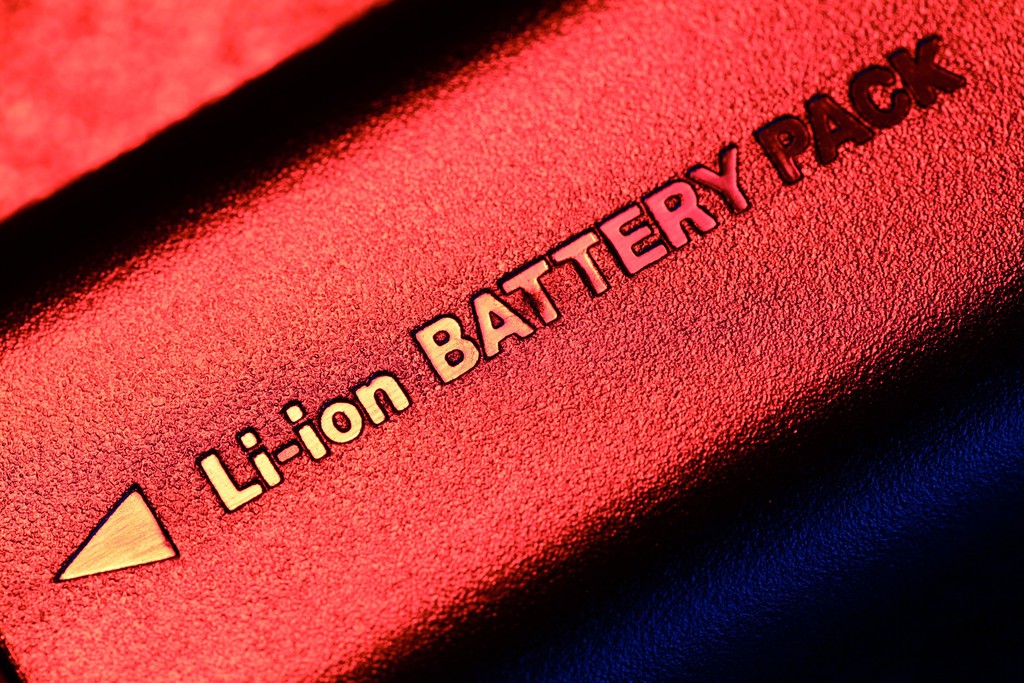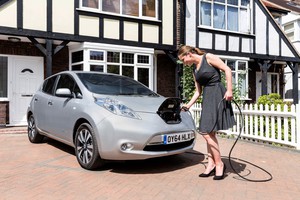
 |
Charlotte Stonestreet
Managing Editor |
Can ultra-capacity polymer supercapacitors displace auto batteries?
19 December 2016
Up to now, it has been assumed that electric cars would be battery operated and hybrid vehicles will form a major part of the future automotive market.

Considerable investment is going into the development of battery systems, particularly lithium ion systems, and incremental improvements are improving the technology. Tesla’s Nevada facility will at full capacity produce enough batteries to power 500,000 electric cars per year by 2020. This is more than the global total lithium ion battery production for 2013.
But the problem with battery-operated vehicles is that they take ages to charge and have limited range.
What about the potential for an alternative technology - supercapacitors? Both batteries and supercapacitors are electrochemical energy storage media, but they are as different as night and day. Both are capable of energy storage and targeted energy release – and yet there are major differences between the two. Batteries store very large amounts of energy that is released slowly but constantly.
By contrast, state-of-the-art supercapacitors can only store small amounts of energy (they have poor energy density per kilogramme) but they release this energy much faster and more powerfully with large short-term peak currents. Nevertheless, they have, until now, been unable to compete with conventional battery energy storage in many applications.
Now, a major scientific breakthrough based on groundbreaking research from the University of Surrey claims to have discovered new materials – conducting hydrophilic polymers - offering an alternative to battery power and between 1000 and 10,000 times more powerful than existing supercapacitors. Patents on the new materials have been filed by a company called Augmented Optics and its wholly owned subsidiary Supercapacitor Materials, registered specifically for the purpose of commercialising them. The technology has been adapted from the principles used to make soft contact lenses, which Dr Donald Highgate (of Augmented Optics, and an alumnus of the University of Surrey) developed following his postgraduate studies at Surrey 40 years ago.
Supercapacitors with these properties would allow electric cars to travel similar distances as petrol cars, but without the need to stop for lengthy recharging breaks of typically six to eight hours. Instead, they would recharge fully in the time it takes to fill a regular car with petrol.
Can supercapacitors really become a direct and viable competitor to the petrol engine? Are the deciding arguments technical – or political? What effect might moving away from oil have for world order? What effects might it have on the economies of oil-rich countries, such as the USA and the Middle East, and how might they react to the new competition?
After much speculation, President-elect Donald Trump has chosen Oklahoma Attorney General Scott Pruitt to head the Environmental Protection Agency, which is charged with protecting the nation's air and water from big polluters. But Pruitt is a Southern Baptist lawyer whose main claim to fame is the many lawsuits he has filed against the very agency he is now supposed to lead, as well as orchestrating the Republican attack on the Clean Power Plan, Obama's most important achievement to slow global warming.
According to Stateside industry observers, Pruitt has is deeply woven into the empire of fossil fuels and a climate change denier. As head of the EPA, many fear that his real job will be to pump up the fossil-fuel bubble.
The potential repercussions are almost too large to contemplate. What future supercapacitors from the University of Surrey?
- No related articles listed



















